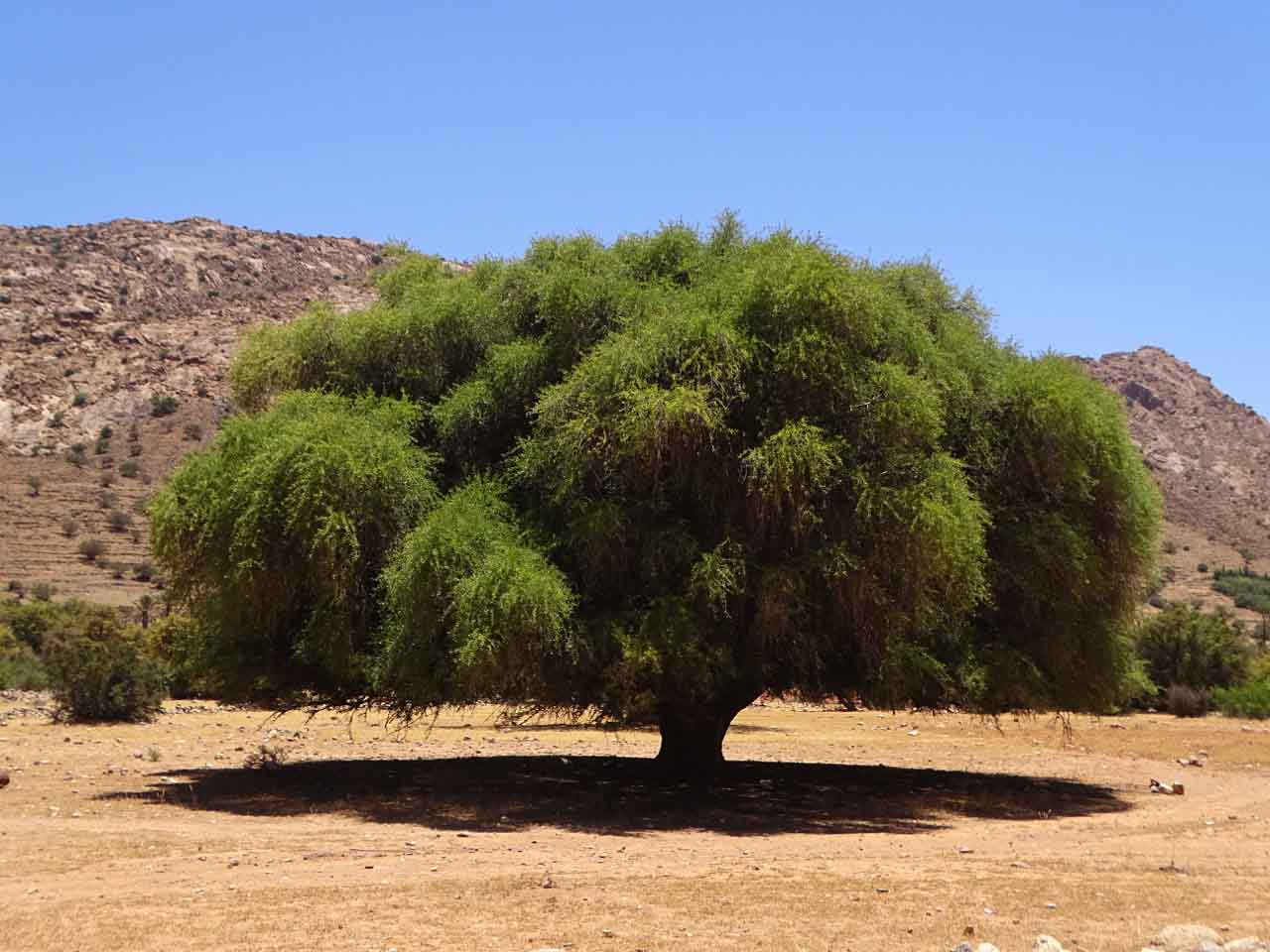Traditional agri-food systems developed through the centuries by local communities are still actively supporting the livelihood of local farmers, providing solutions for climate change mitigation and adaptation as well as contributing to the preservation of agro-biodiversity, traditional knowledge and cultural identity. The importance of traditional agri-food systems is recognized by the Food and Agriculture Organization (FAO) and the establishment of the Globally Important Agricultural Heritage Systems (GIAHS) Programme. The GIAHS Programme has the aim to identify and preserve worldwide sites characterized by agricultural systems created and managed over time by local communities, that today represent examples of local adaptation and mitigation towards global challenges, contributing to food security and sustainable development of rural communities.
The project will focus on studying three GIAHS sites (in Italy, Morocco and Algeria) applying a multidisciplinary approach to identify the possible social and environmental shocks impacting agroforestry and agri-food heritage systems in the Mediterranean area, linking together landscape structure, climatological studies, social role and biodiversity assessment. Over the centuries, local communities have adapted to challenging environmental conditions such as a dry and hot climate, water scarcity and steep slopes. The selected agroforestry and agricultural systems are also connected to the Mediterranean Diet that is considered fundamental for food security and for the health of local communities. Traditional agroforestry and agri-food systems have demonstrated to be more resilient towards possible shocks than modern and intensive food systems. The results of the project will lead to the identification of the best practices to be replicated in other traditional agroforestry and agri-food systems to increase the adaptation and resilience to social and/or environmental systems shocks.
One of the main outputs of the project will be the creation of an informal network of GIAHS sites in the Mediterranean area (MedGIAHS Network), that will act as a multidisciplinary network dedicated to the development and safeguarding of agricultural heritage systems. MedGIAHS Network will help in exchanging experiences, researches and best practices among different traditional agroforestry and agri-food systems, and to plan future common activities. Moreover, MedGIAHS Network will be crucial for the dissemination and exploitation of the project results and for their replication and transferability, and therefore will be of great interest for the FAO GIAHS Programme Secretariat.






